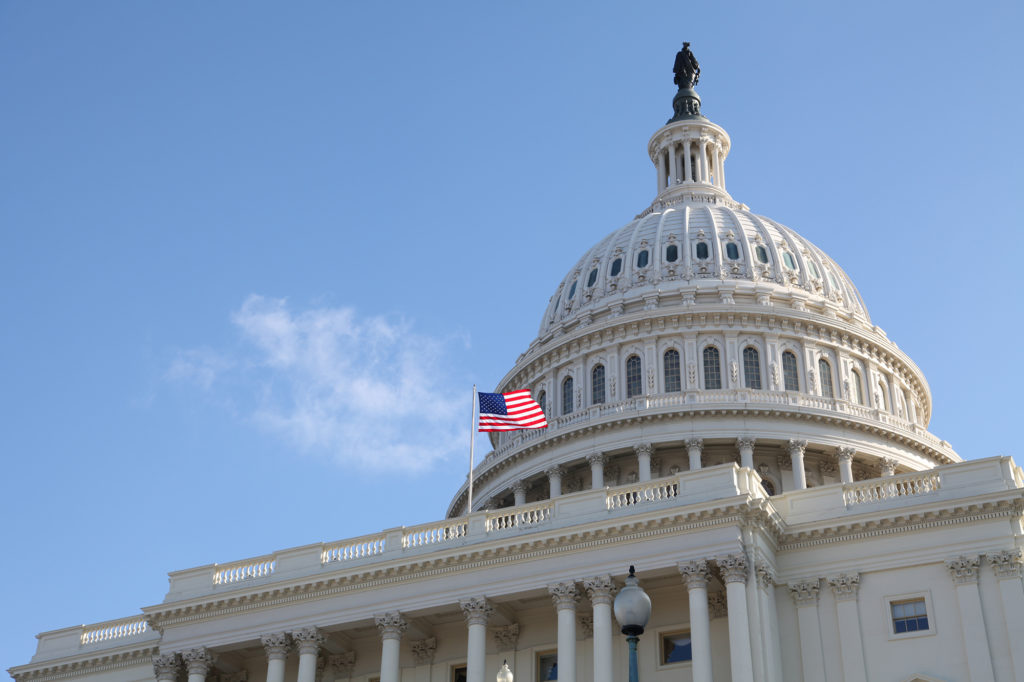
The two-year budget deal signed by President Trump Feb. 9 extends energy tax incentives for geothermal resources, development of carbon capture technologies and advanced nuclear power, and it adds billions of dollars for natural disaster recovery and infrastructure projects.
“The energy tax incentives contained in the budget bill will help co-ops improve the quality of life in rural America and keep electricity costs affordable,” said Kirk Johnson, NRECA senior vice president, government relations. “The infrastructure funding is also welcome news, and we will continue encouraging Congress to invest those funds in rural infrastructure.”
Under the budget agreement, electric cooperative members may continue to earn a tax credit for geothermal energy technologies at homes and businesses through 2021. Members of about 40 percent of America’s electric co-ops have earned geothermal tax credits by making highly efficient geothermal heat pumps affordable to their members.
The budget bill also advances the current carbon capture tax credit by expanding its construction start requirement from five to seven years and extending the time to claim the credit from 10 to 12 years.
Sen. Heidi Heitkamp, D-N.D., led the effort to improve the tax credit to incentivize development of large-scale carbon capture technologies, which could dramatically reduce emissions from coal-based power plants.
Basin Electric Power Cooperative in Bismarck, North Dakota, and Tri-State in Denver are collaborating with researchers at a Wyoming test center for large-scale carbon capture technologies.
The budget agreement also allows electric co-ops to take advantage of a production tax credit for advanced nuclear energy projects. The tax credit applies only to the first 6,000 megawatts of advanced nuclear generation. The bill lifts a restriction that reactors be placed in service by 2020 to qualify.
U.S. infrastructure projects will get a lift from the budget deal, which commits $20 billion over two years toward rural broadband, energy, water, wastewater, surface transportation and capital projects. NRECA CEO Jim Matheson sent a letter to Senate and House appropriators on Feb. 9 recommending that $2.5 billion be dedicated to rural broadband projects this year.
With natural disasters at historic proportions in 2017, lawmakers agreed to beef up federal aid to $89.3 billion for the next two fiscal years.
The budget bill allocates $23.5 billion to the Federal Emergency Management Agency’s disaster relief fund. Portions of this money will be made available for infrastructure rebuilding by co-ops, among other entities.
The bill also provides incentives to states to further invest in disaster preparedness. Related agencies would receive additional funds for recovery efforts from the hurricanes and wildfires of 2017. Some funds will go toward addressing future natural disasters
Thousands of electric co-op members were affected when Hurricane Harvey pounded the Texas Gulf Coast and parts of Louisiana, flooding Houston and other communities last August. That disaster was quickly followed by hurricanes Irma and Maria, which battered parts of Florida and devastated Puerto Rico.
Cathy Cash is a staff writer at NRECA.